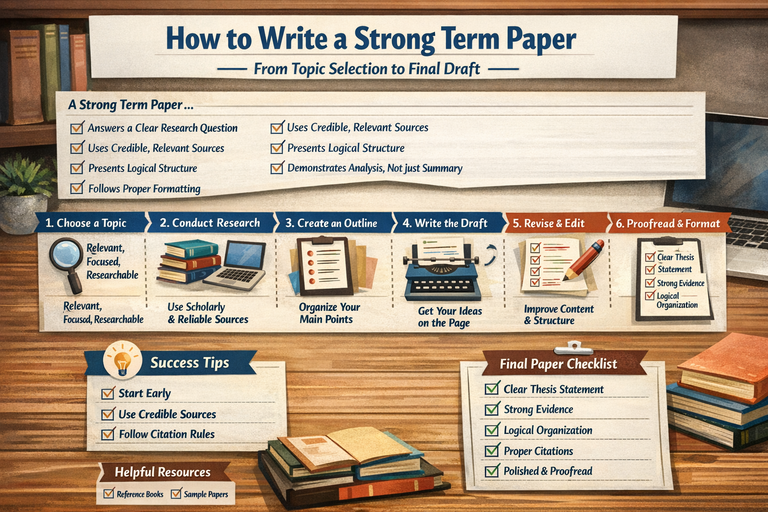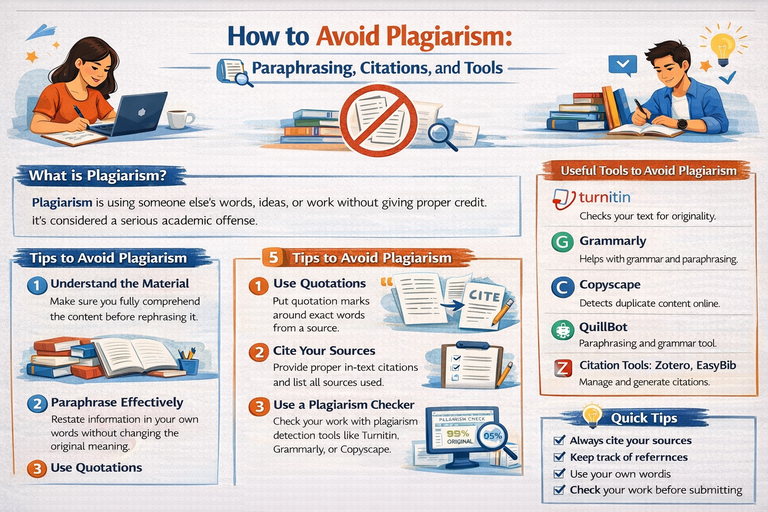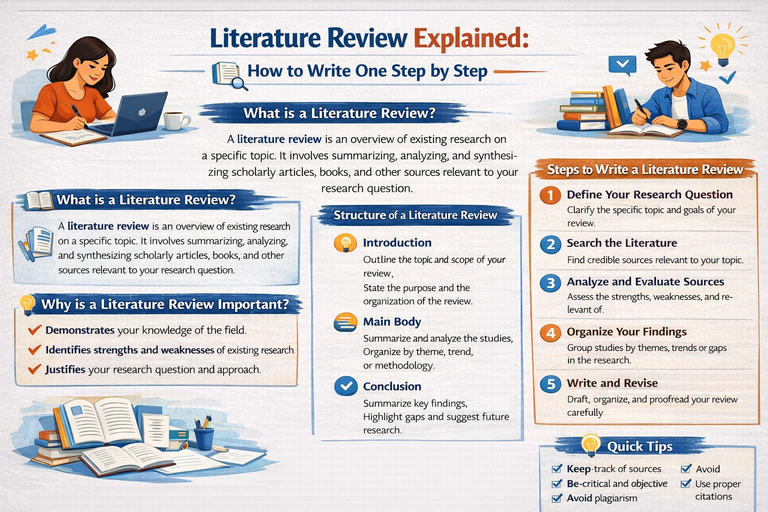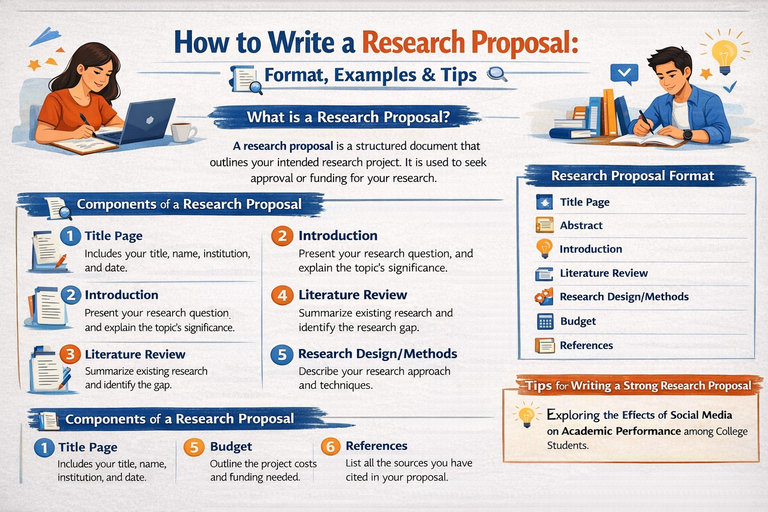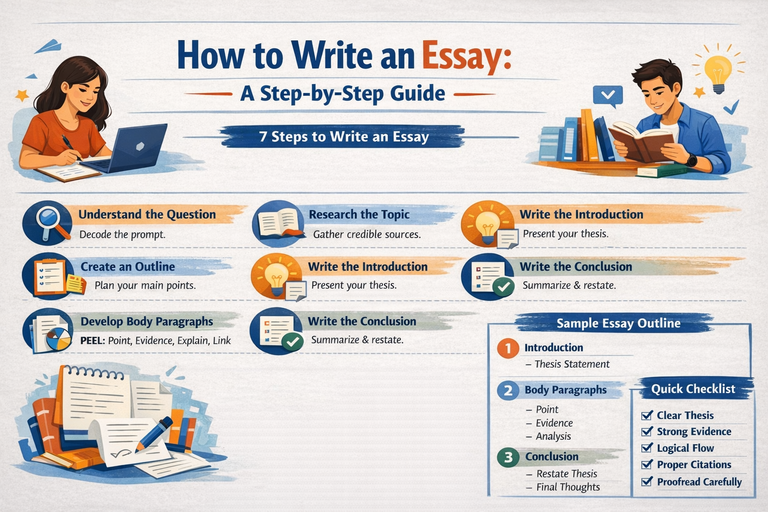From Page to Product: How Fiction Inspires Real-World Startups
Fiction has long served as a mirror to society, a predictor of trends, and a playground for imagination. But increasingly, it has also become a catalyst for innovation. Entrepreneurs, product designers, and startup founders are turning to literature not just for inspiration, but as a source of ideas that evolve into tangible businesses.
From gadgets first imagined in sci-fi novels to lifestyle brands built on the identities of beloved fictional characters, the line between storytelling and startup success is blurring.
This phenomenon—where fictional ideas leap off the page and take shape in the real world—raises intriguing questions about the creative process. How do fictional narratives inspire actual business models? Why are some of the most disruptive startups seeded in the soil of imagination? This article explores how fiction has become a launchpad for real-world products and startups, shaping industries and sparking cultural revolutions.
The Fiction-to-Startup Pipeline: Turning Ideas into Innovation
Great fiction often begins with the question, “What if?” This same curiosity drives entrepreneurship. When authors envision futuristic worlds or radical technologies, they unknowingly lay the foundation for real-world inventions. Entrepreneurs, in turn, read between the lines and see opportunity—products that don’t yet exist, problems waiting to be solved, or experiences that could be engineered.
Take for example voice-activated assistants. Long before the arrival of Alexa or Siri, science fiction had already planted the idea. In 2001: A Space Odyssey, HAL 9000 was a sentient computer capable of conversing with astronauts. While HAL was sinister, the concept inspired decades of AI and natural language processing research. Today, countless startups build on this narrative legacy, designing smarter, more intuitive digital assistants.
Iconic Inventions Born from Books
Some of the most revolutionary tech has been drawn directly from fiction. The flip phone, once Motorola’s flagship device, was inspired by the communicators used by Captain Kirk in Star Trek. In a similar vein, Google Glass and modern AR devices can trace conceptual lineage back to novels like Rainbows End by Vernor Vinge and Neuromancer by William Gibson.
Another example is the Metaverse, a now-common tech buzzword that originated in Neal Stephenson’s Snow Crash. The novel’s immersive virtual world has inspired a multitude of tech ventures, from Meta’s vision for VR to indie game developers crafting persistent, interactive universes. The same goes for Ready Player One by Ernest Cline, which reintroduced the idea to mainstream readers and tech founders alike, influencing everything from game design to educational tools.
Fiction as Branding Blueprint
Startups have also borrowed branding inspiration from literary characters and fictional companies. The world-building in books often includes detailed corporate entities with names, values, and even marketing strategies that feel tangible. Entrepreneurs use these imagined entities as blueprints for crafting their own brands.
The Ministry of Supply, a real-world clothing brand, took its name from the fictional agency in the James Bond series. The founders were drawn to the sleek, futuristic tone and used it to market performance businesswear inspired by NASA materials. In this case, fiction didn’t just spark a product idea—it shaped the brand’s identity, tone, and aesthetic.
Similarly, Thrive Global, founded by Arianna Huffington, was partially inspired by her literary musings on wellness and productivity—concepts frequently explored in fiction addressing burnout and modern life. The startup took cues from those themes to build a wellness empire centered on mindful success.
Fan-Fueled Ventures: Building for Communities of Readers
Fiction doesn’t only inspire individual founders—it also mobilizes communities. Entire businesses have been built around the passions of fandoms. From bookish subscription boxes like OwlCrate and Illumicrate to fashion brands selling clothes “inspired by the pages,” fiction offers a treasure trove of aesthetics, quotes, and values that resonate deeply with niche audiences.
Harry Potter alone has inspired startups in tech (coding apps themed around magic), fashion (robes, ties, and fan-designed merchandise), and food (cafes offering butterbeer and themed treats). Even more broadly, Jane Austen’s world has spurred etiquette schools, dating apps based on “proper courtship,” and period-themed experiences.
These ventures are not mere merchandising—they are brand ecosystems driven by narrative immersion. Entrepreneurs here aren’t just selling products; they’re selling the chance to step inside a story.
Character-Led Business Models
Some entrepreneurs go a step further by building their entire business models around fictional characters. This trend is particularly visible in children’s education and lifestyle branding.
For instance, Peter Rabbit by Beatrix Potter was among the first books to be turned into a full-scale licensing empire. Potter herself was a visionary, designing stuffed toys, wallpaper, and clothing lines based on her characters. Today, the model she pioneered is followed by countless brands—leveraging character trust and story consistency to sell products that educate, entertain, or simplify life.
Modern examples include startups using literary characters to promote mental health tools, productivity apps, and even financial literacy programs. Fictional personas make these tools more engaging and relatable, transforming mundane routines into narrative journeys.
Publishing Disruption: Meta-Fiction and Entrepreneurial Storytelling
Startups are also emerging within the publishing space itself, inspired by fiction but aimed at disrupting how stories are consumed and shared. Platforms like Wattpad, for instance, have evolved from writing communities to full-fledged media companies. Many of their most successful stories are picked up for film, television, or even product lines—turning fan fiction into cross-platform intellectual property.
Other startups, such as Serial Box (now Realm), use serialized storytelling formats reminiscent of Victorian novels to distribute fiction episodically. These models aren’t just inspired by the stories—they reimagine storytelling itself as a business venture.
Entrepreneurs are beginning to see fiction as both content and commerce, creating ecosystems where users interact, purchase, and even co-create storylines. This integration of business and narrative is one of the most exciting frontiers in media innovation.
Why Fiction Works: The Power of Narrative Thinking
What makes fiction such fertile ground for entrepreneurship? At its core, fiction teaches narrative thinking—the ability to see how actions unfold, how people make choices, and how visions become reality (or fail). Founders who read widely are better equipped to communicate vision, empathize with users, and anticipate market reactions.
Fiction also allows for safe experimentation. Within the pages of a novel, authors test out social systems, moral dilemmas, technological advances, and business ideas. Entrepreneurs, by stepping into these thought experiments, can extract lessons without bearing real-world risks—until they choose to bring the ideas to life.
Conclusion: Reading as R&D
In an age of innovation, literature remains a quietly powerful tool in the entrepreneur’s toolkit. Fiction is no longer just escape—it is research and development in narrative form. The next billion-dollar idea may already be hidden in a chapter of your favorite novel.
Whether it's a device imagined in a sci-fi epic, a lifestyle brand inspired by a heroine’s worldview, or a startup designed to bring readers closer to the stories they love, fiction continues to shape the future of business in unexpected and transformative ways.
So next time you pick up a novel, ask yourself: could this idea live off the page?
Would you like this styled for blog publishing or turned into a series for junkybooks?



